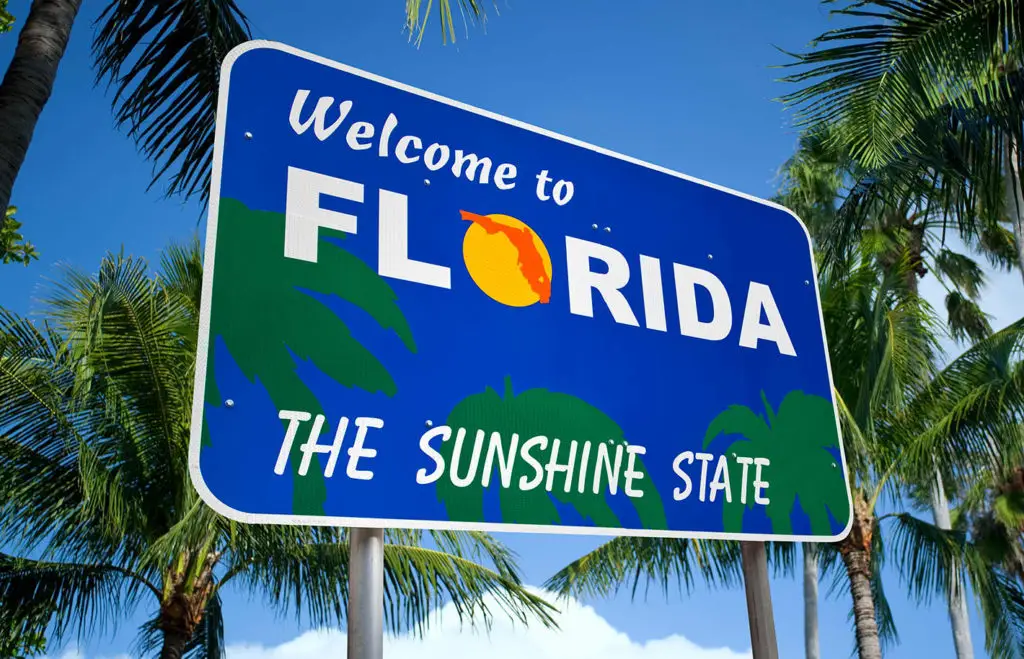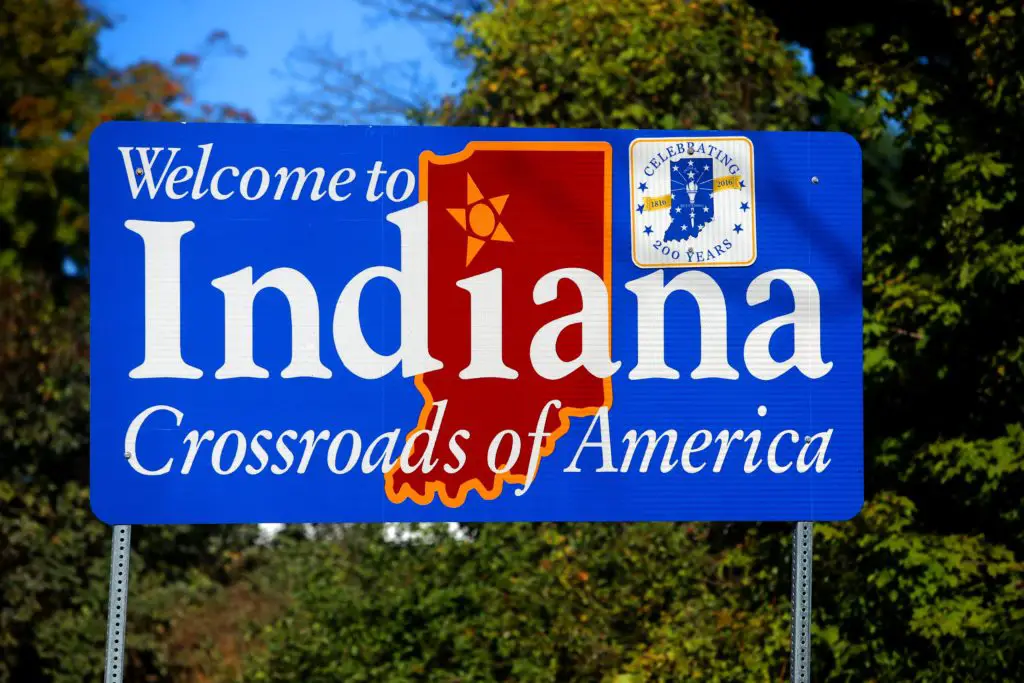As we delve into 2024, entrepreneurs across the United States are scouting for the most tax-friendly states to launch their businesses. Certain states have emerged as particularly advantageous due to their tax-friendly climates and varying operational costs.
So, this article will discuss the eight best tax-friendly states set to become magnets for business ventures in 2024.
Texas: The Enterprise Juggernaut

Texas has long been celebrated as a bastion of business freedom, with no corporate or individual income tax to its name. This fiscal advantage, coupled with a cost of living that is lower than many other states, presents a compelling case for business owners.
Texas’s cities, such as Austin, Dallas, and Houston, are booming with resources and networks that support start-ups and established businesses alike. The state’s pro-business laws and favorable tax codes position it as a formidable player in the national business arena.
Delaware: The Corporate Safe Haven

Widely regarded as one of the most business-friendly states in America, Delaware’s reputation as a tax-friendly state is well-earned by its favorable laws, speedy business formation process, and specialized courts for handling business disputes. With no sales tax, a business-friendly infrastructure, and access to major urban centers, Delaware is a hotspot for enterprises, particularly those in the finance and technology sectors.
With an 8.7% corporate tax rate and no VAT on goods sold in the state, Delaware consistently ranks among the best states for small businesses.
In addition, the state’s strategic location on the Eastern Seaboard offers logistical advantages for businesses looking to connect with markets in nearby metropolitan areas.
South Dakota: The No-Tax Advantage

In South Dakota, business owners can enjoy the absence of corporate and personal income tax, a significant draw for business owners looking to maximize their earnings. This fiscal freedom is complemented by a relatively low cost of living, allowing entrepreneurs to invest more capital into their ventures.
The state has been actively courting new businesses with attractive property tax breaks and incentives, with a survival rate for businesses that consistently outperforms the national figure.
Despite a lower number of new entrepreneurs, the state’s efforts to attract businesses through property tax breaks and incentives contribute to a business survival rate exceeding the national average.
California: Pioneering Innovation

California’s reputation is one of stark contrasts; it is known for its high cost of living and business operation costs, but these are offset by the state’s unparalleled economic dynamism and innovation. The Golden State boasts the largest economy in the U.S. a diverse and highly skilled talent pool that continues to attract cutting-edge businesses, especially in the tech and creative sectors.
Despite the financial barriers, California’s business survival rates remain above national averages, reflecting a supportive ecosystem that fosters long-term growth and resilience.
Florida: A Gateway to Growth

Like Texas and South Dakota, Florida is radiant with opportunities for new businesses, thanks in part to its absence of individual income tax and a corporate tax rate of just 5.5%.
Recently, the state has been on a trajectory of entrepreneurial growth, with new start-ups cropping up at a rapid pace. Additionally, a lower cost of living and diverse economic sectors, including technology and manufacturing, contribute to Florida’s appeal as a tax-conscious haven for startups.
Colorado: The Peak of Possibility

Colorado presents a unique blend of low start-up costs (at just $50) and a highly educated workforce, with a corporate tax rate that sits comfortably at 4.55%. The state’s investment in education has paid off, as it now boasts the second-most educated population in the country, providing a strong base for industries that rely on skilled labor.
Additionally, Colorado’s emphasis on sustainability and a quality lifestyle, reflected in low energy costs, further enhances its attractiveness for physical businesses.
Also, Colorado’s commitment to maintaining a business-friendly tax structure and its high quality of life make it an attractive state for entrepreneurs looking to capitalize on burgeoning markets, such as renewable energy and technology.
Indiana: Affordability Meets Opportunity

Indiana is commanding attention for its supportive business environment, underscored by an impressive business survival rate of 83.6% — well above the national average.
The state’s allure comes from its combination of a low flat income tax rate at 3.23% and reasonable corporate taxes, making it a magnet for LLCs and S-corporations that benefit from pass-through taxation. The cost of living in Indiana is significantly below the national average, translating to lower employee wages. The low cost of living translates into reduced overhead costs for businesses, making it a prudent choice for startups. Start-up costs are also among the lowest in the nation, with less than $100 required for registration.
Besides, Indiana’s affordability extends beyond business costs, with a cost of living that won’t strain the wallets of residents, thereby reducing the financial pressure on employers and employees alike.
Nevada: Unique Tax Structure
Nevada stands out as a special participant in the tax-friendly scene thanks to its peculiar tax system. Despite a payroll tax on wages, the rates are still under the non-UI payroll tax. Therefore, it helps to explain its advantageous stance.
Interestingly, Nevada offers a big benefit to businesses by imposing a low payroll tax only on wage income. Moreover, the lack of this payroll tax on capital gains adds to its allure and confirms Nevada’s reputation as a tax-friendly state.
But it’s important to remember that Nevada has difficulties with gross receipts taxes. Its reputation in this regard is impacted by the lack of complete deductions for both employee compensation and the cost of goods sold.
Bottom Line
In conclusion, the states examined provide diverse opportunities for entrepreneurs seeking tax-friendly environments to establish their businesses. While each state offers distinct advantages, certain themes are clear. Tax-friendly states for businesses like Indiana, South Dakota, Texas, Florida and Nevada stand out for their lack of individual or corporate income taxes, lowering the financial barrier for new ventures. Meanwhile, states such as California, Colorado, and Utah attract enterprises with highly skilled workforces, supportive ecosystems, and a commitment to innovation.
Going forward, as economic and demographic trends evolve, some states may refine their business-friendly policies to remain competitive. Similarly, entrepreneurs will continue exploring new frontiers with potential.
However, the seven states highlighted undoubtedly present a compelling starting point for founders to establish tax-advantaged operations and spur enterprise in 2024. With diligent research and planning tailored to individual needs, many more ventures will find fertile ground in these environments designed for business to take root and thrive.

